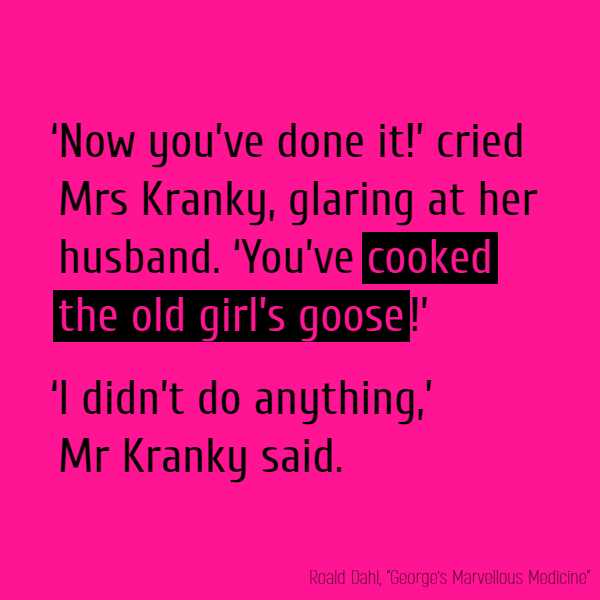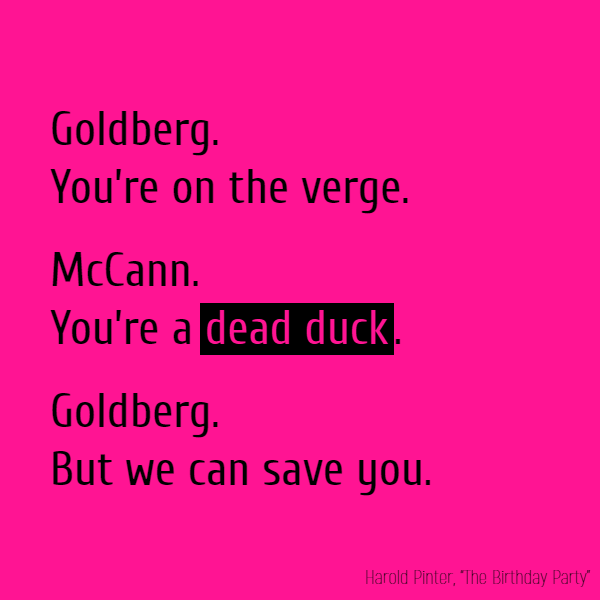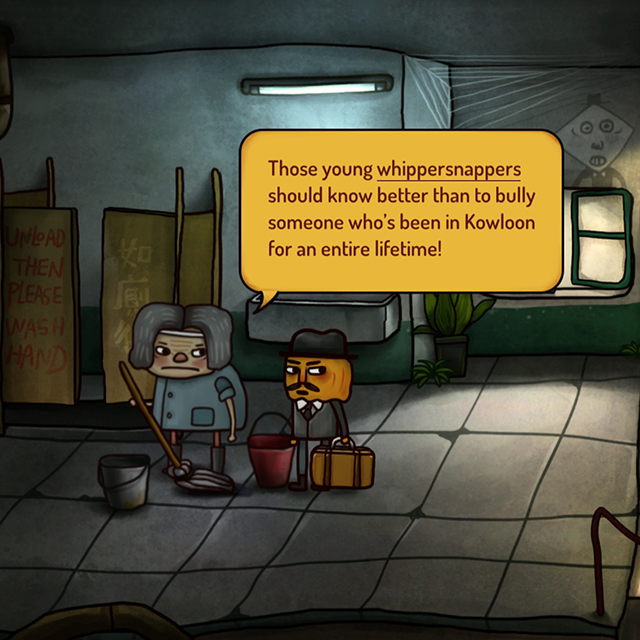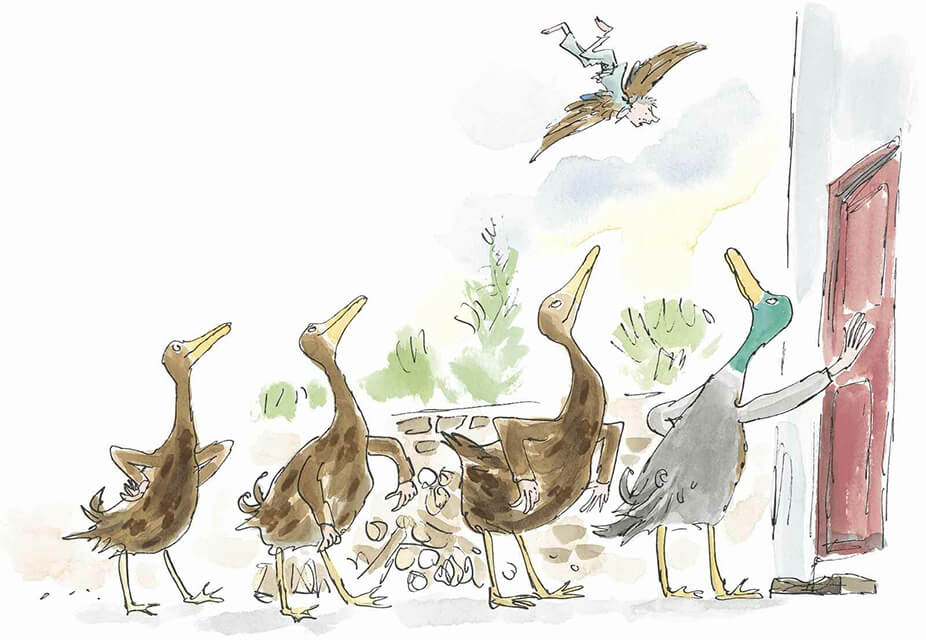В поисках хороших мыслей
В седьмой главе Сайлас опять куда-то исчез, и на этот раз никого вместо себя не оставил. Родители Никта разволновались не на шутку, и миссис Оуэнс снова выдала интересное:
Mrs Owens said, ‘I worry that something must have happened to him.’ She seemed close to tears, and then her tears turned to anger, and she said, ‘This is too bad of him! Is there no way to find him, to call him back?’
‘None that I know,’ said Josiah Worthington. ‘But I believe that he’s left money in the crypt, for food for the boy.’
‘Money!’ said Mrs Owens. ‘What use is money?’
‘Bod will be needing money if he’s to go out there to buy food,’ began Mr Owens, but Mrs Owens turned on him.
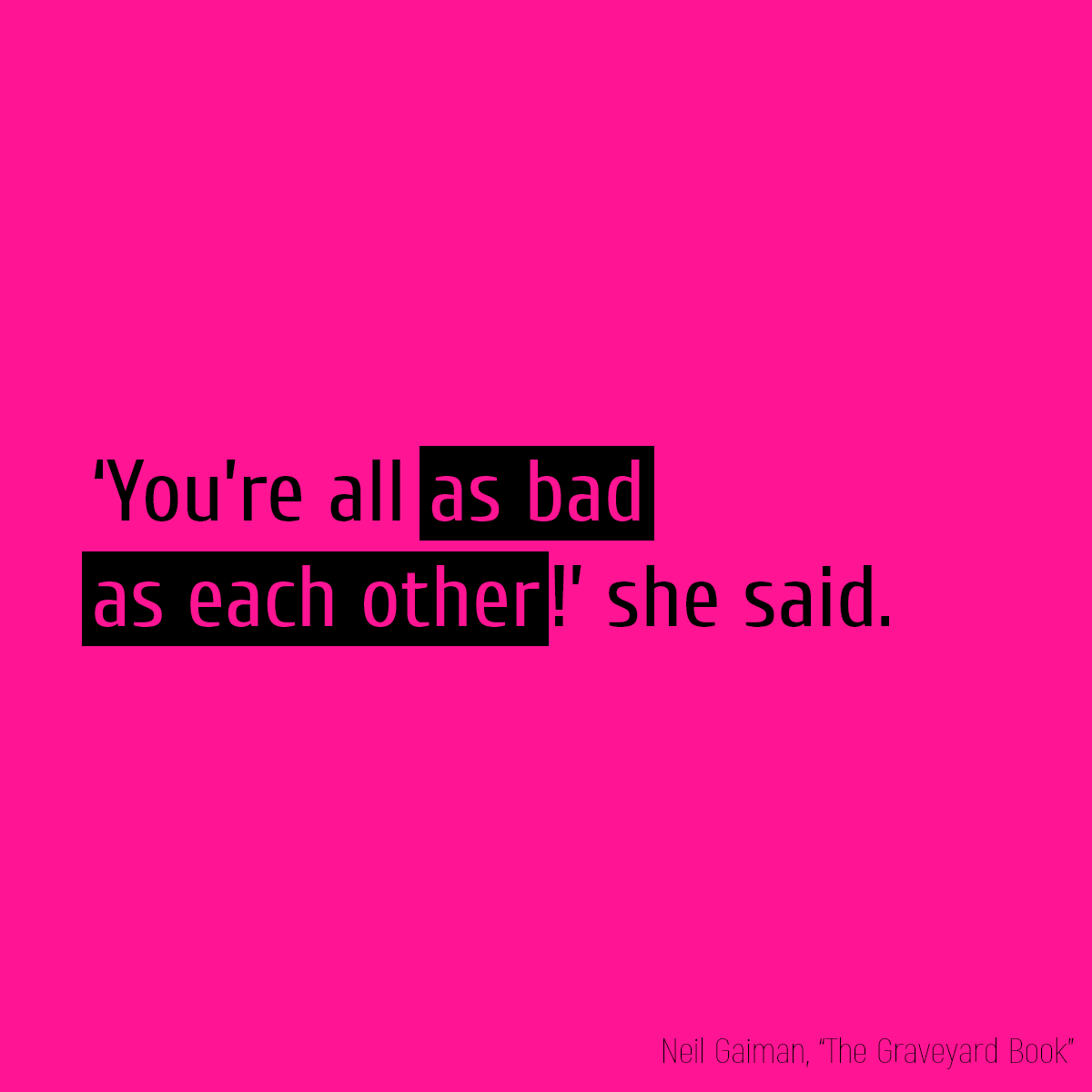
Теперь знаю, как по-английски «вы оба хороши». Логично, ну.
А дальше опять про пенни, и снова пригодился Даль:
She left the Worthington tomb, then, and she went looking for her son, whom she found, as she expected to, at the top of the hill, staring out over the town.
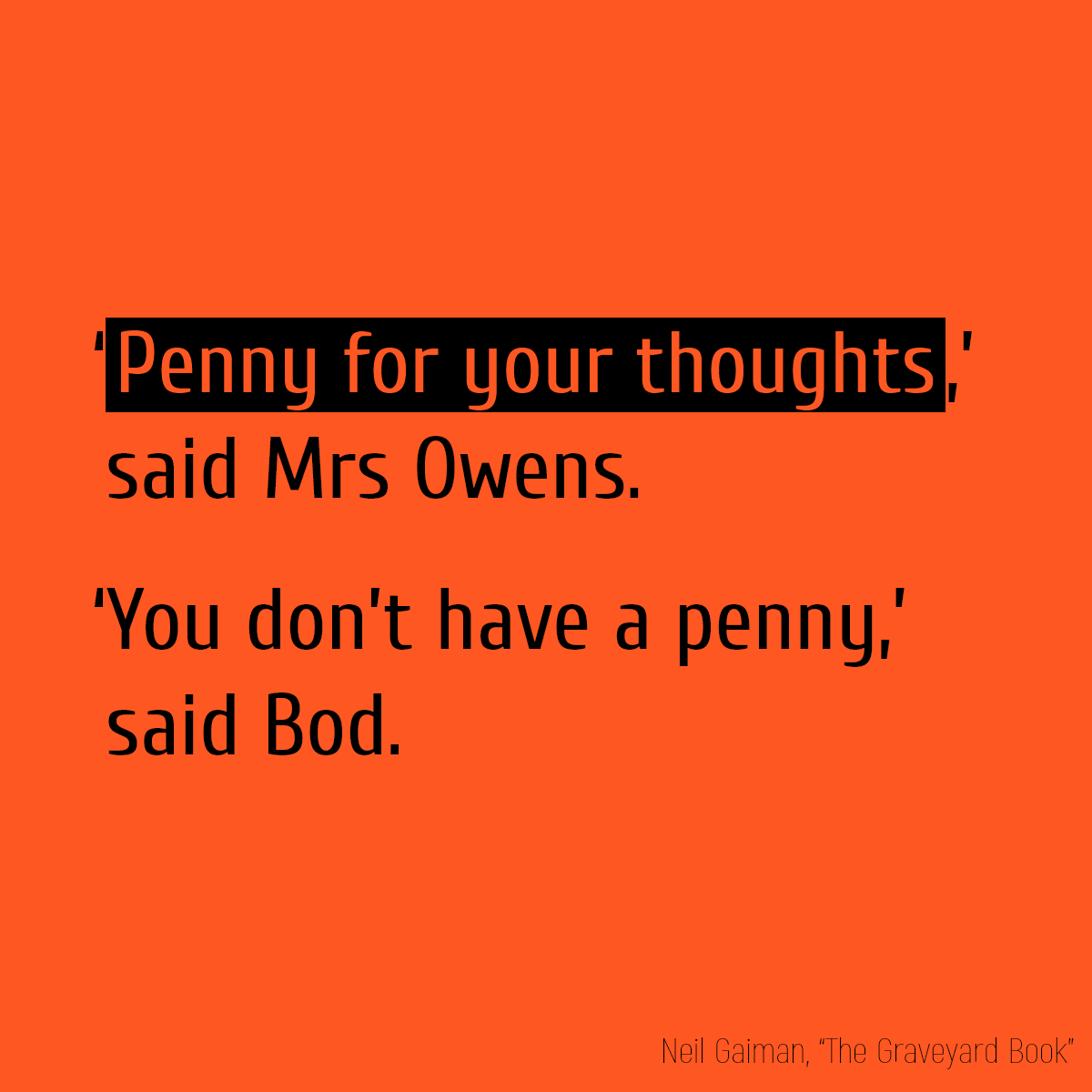
He was fourteen, now, and taller than his mother.
‘I’ve got two in the coffin,’ said Mrs Owens. ‘Probably a bit green by now, but I’ve still got them right enough.’
— Скажешь, о чем думаешь, — дам пенни.
— Нет у тебя пенни, — отозвался Никт.
Перевод буквальный, иначе игру слов не передать, но вообще «penny for your thoughts» не про деньги, а про самый главный вопрос всех женщин ко всем мужчинам:
She knew I was watching her, and without turning her head she swivelled her eyes and glanced at me cautiously out of the corners of them. “A penny for your thoughts?”
Now, if there is one phrase in the world I cannot abide, it is this. It gives me an actual physical pain in the chest and I begin to cough.
“Come on, Lionel. A penny for them.”
А вот почему за мысли предлагают всего лишь пенни, а не миллион долларов:
Penny for your thoughts — “What’s on your mind?”. The saying is from a time when the British penny was worth a significant sum. In 1522, Sir Thomas More wrote (in ’Four Last Things’): ’It often happeth, that the very face sheweth the mind walking a pilgrimage, in such wise that other folk sodainly say to them a peny for your thought.’
Давно это было, aye.

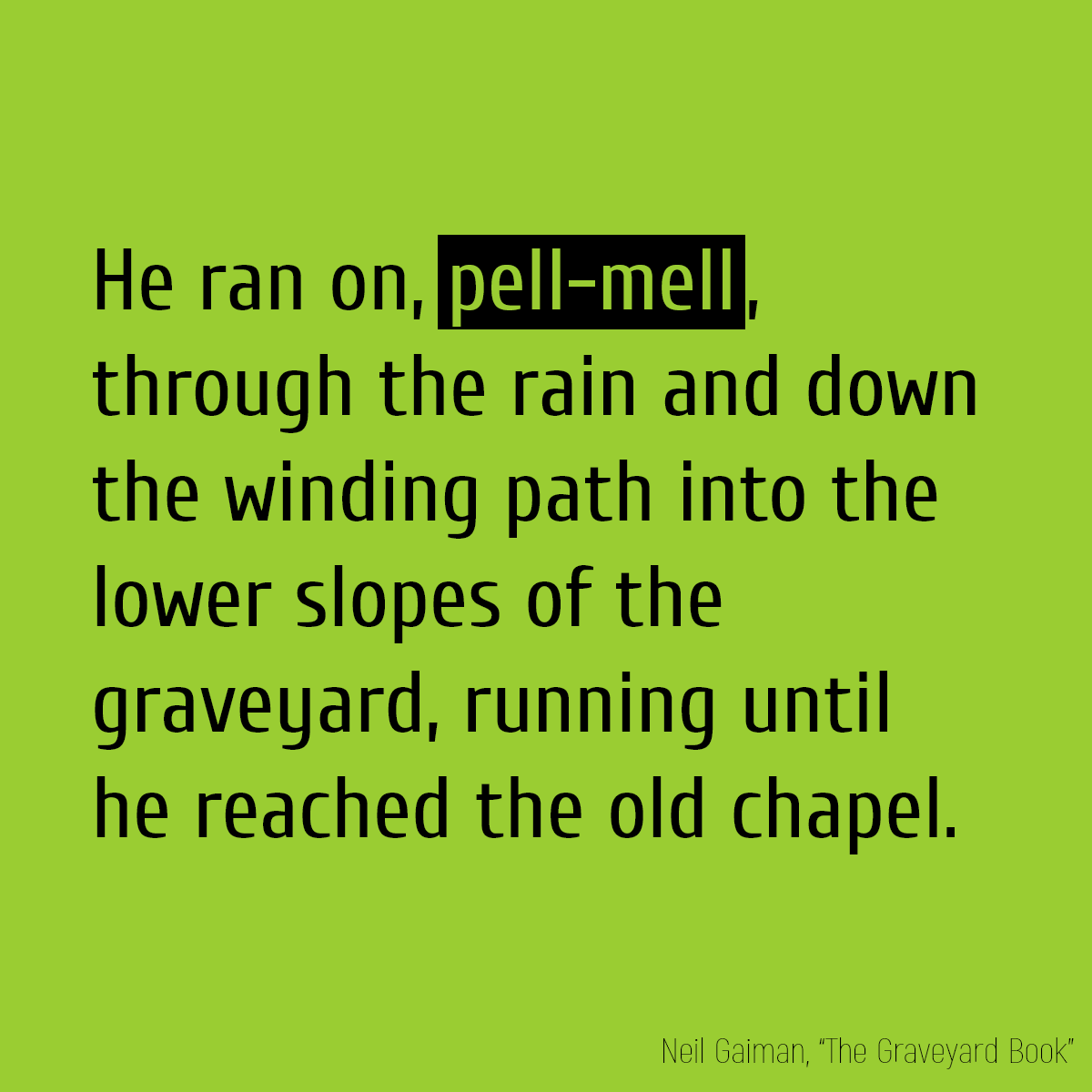
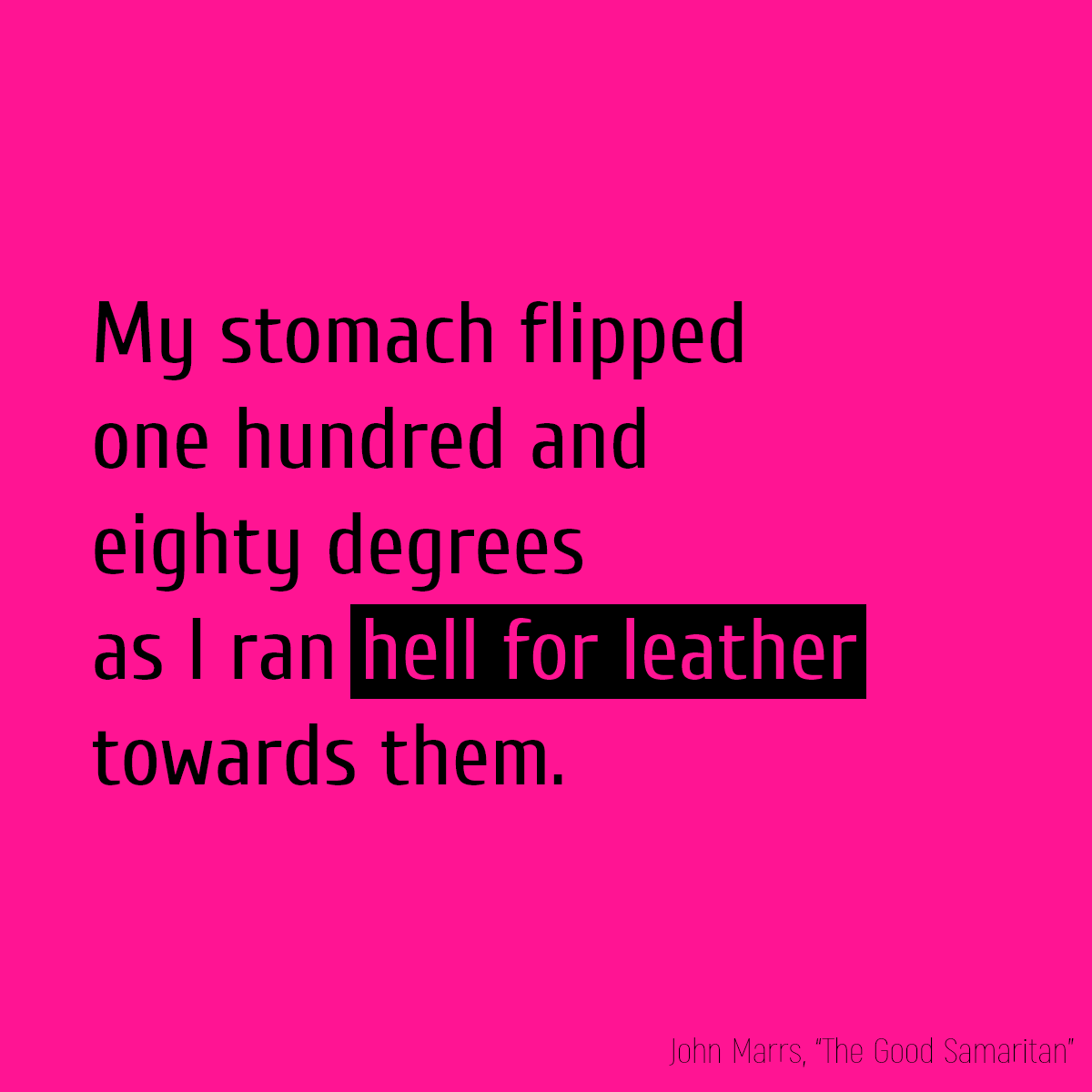
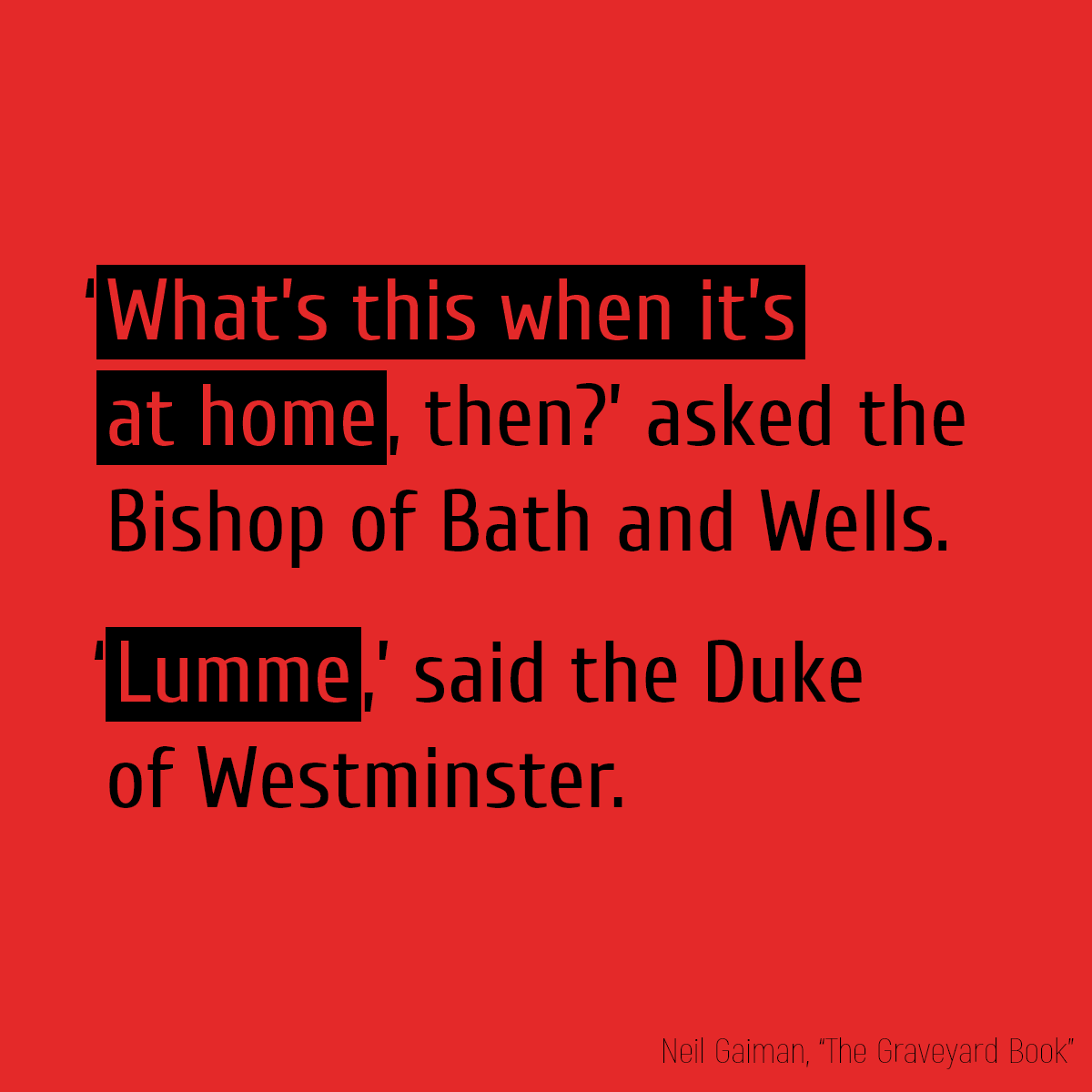
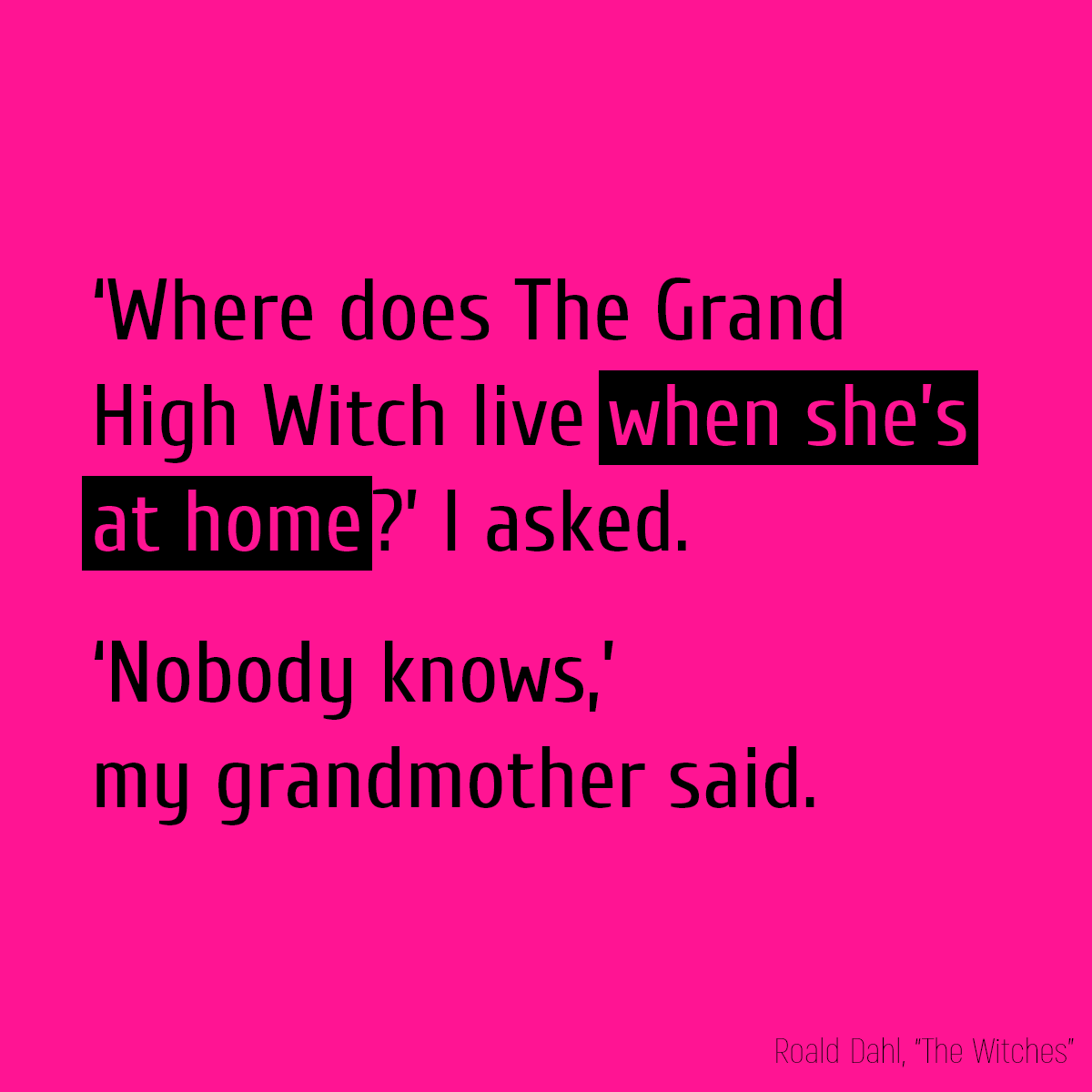
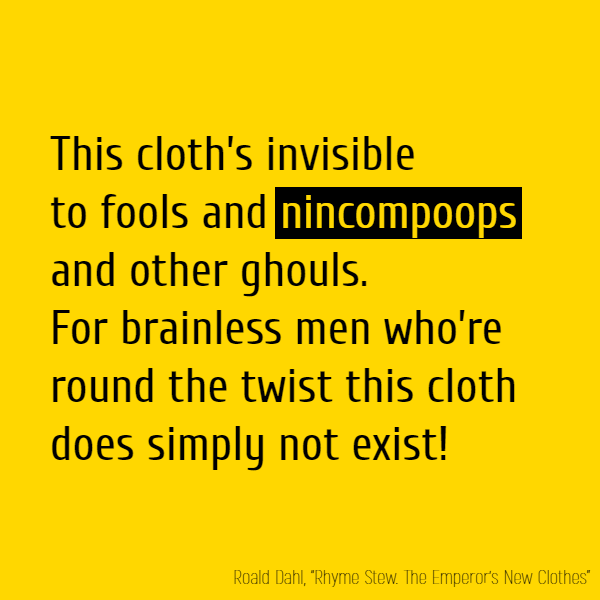
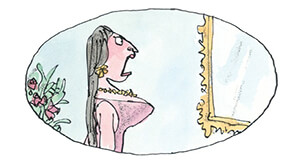
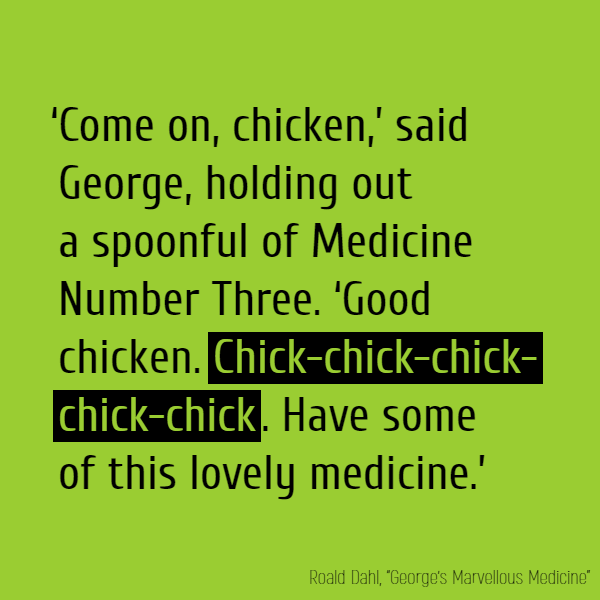
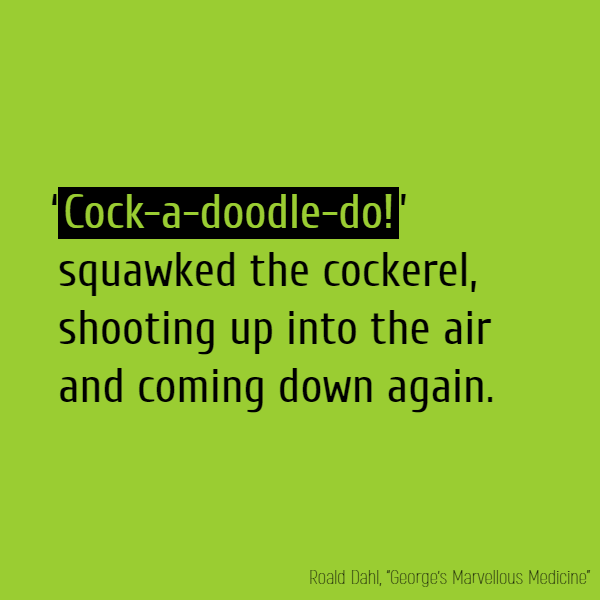
![The sun was just beginning to filter through the black pines and a rooster was **crowing** his head off on a nearby farm [...] when Jack led Milky off of his father’s land and onto the road.](http://dissimulazione.com/blog/pictures/crowing_blog.png)
![They were happier now than they would ever be again. [...] She heard them stamping and **crowing** on the floor above her head the moment they awoke.](http://dissimulazione.com/blog/pictures/crowing2.png)
